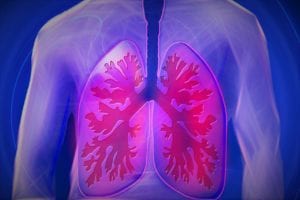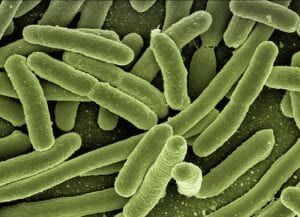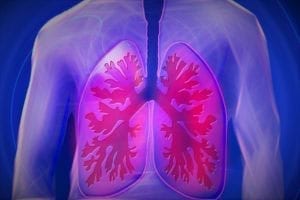A new drug designed to treat MAC lung disease as part of a combination antibacterial drug regimen in adults with limited treatment options has been granted Accelerated Approval by the US Food and Drug Administration. According to the biopharmaceutical company Insmed, this makes the drug, called Arikayce® (amikacin liposome inhalation suspension) the first therapy approved specifically for people with MAC lung disease in the US. To read more about this news and the safety and usage information in more detail, you can view the source press release at Insmed’s website by clicking here.
About Mycobacterium avium Complex (MAC) Lung Disease
MAC is a rare and serious bacterial infection that is most likely to affect people who have underlying lung disease or who have immune systems that are already weakened by other conditions, such as AIDS, hairy cell leukaemia, or immunosuppressive chemotherapy. The most common form of MAC affects the lungs. This form often develops gradually, and, according to the NIH, symptoms may include night sweats, weight loss, and fatigue. To read more about MAC, click here to visit the NIH’s website.
Arikayce® (amikacin liposome inhalation suspension)
Arikayce is an antibiotic called amikacin that can be inhaled once daily. It is the first drug to have been approved using the Limited Population Pathway for Antibacterial and Antifungal Drugs, which is designed to support the development of new antibacterial drugs for serious conditions. Recently, Arikayce was granted Accelerated Approval.
Research into Arikayce
The FDAs decision was based on the results from an on-going Phase 3 ‘Convert’ study. This clinical trial has found that Arikayce, combined with guideline-based therapy (GBT), significantly improved sputum culture conversion rates in patients who have refractory nontuberculous mycobacterial lung disease caused by MAC, compared to GBT alone.
Insmed is planning to carry out another clinical study to support Arikayce’s full approval. Insmed is still discussing the study design with the FDA, but it is expected to be a randomised and double-blind trial that compares the effects of Arikayce to those of a placebo and will involve patients who have NTM lung disease as a result of MAC. The data collected from this study will influence whether Arikayce continues to have approval.






